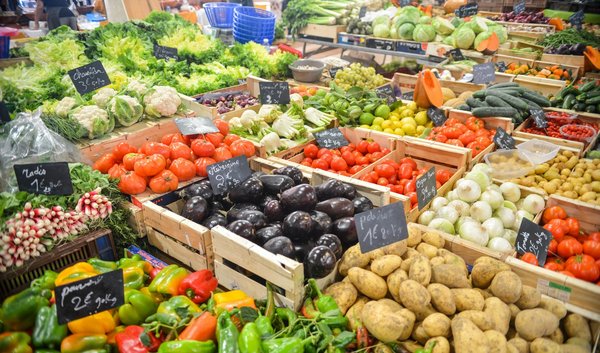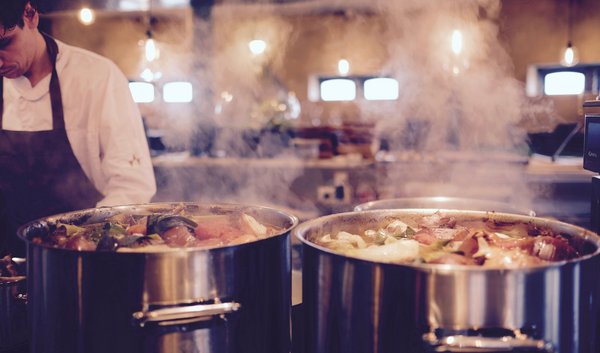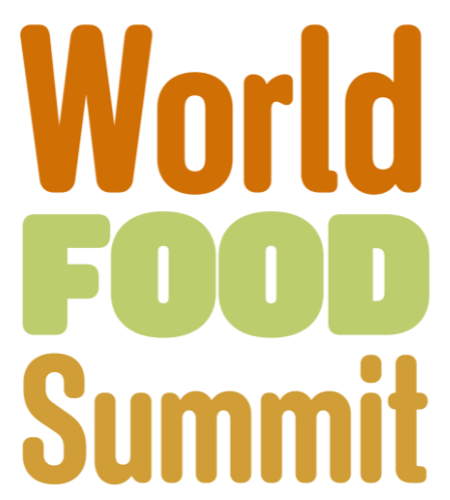
World Food Summit 2016
The Food Summit 2016 framed an exclusive participative dialogue involving highly respected personalities with different competences across nationality and sectors. The participants had the opportunity to present their own cases and views on the summits challenges and solutions. Political decision makers, industry leaders and gastronomy frontrunners were put together and with input from experts and problem owners they delivered recommendations on how to take action and implement new ideas and strategies.
The outcome of the discussions and the recommendations will be a driving forces for further development and specifik actions that can be applied across nations, companies and cultures ensuring better food for more people using gastronomy as an inspiring tool for changes. Specifik actions will be communicated on media platforms ensuring widest possible impact.

The challenge: Better Food for More People
The purpose is to start an international dialogue on how to unleash the full potential of gastronomy in the cities of the world to ensure better food for more people. The summit is intended to become an annual event.
At this year's summit discussions revolved around ensuring better food for the growing urban population with focus on gastronomy as a tool to ensure safe, healthy, tasteful and affordable food in an urbanized world.
To frame this discussion we introduced a metaphor for all the food prepared and served in the kitchens in the cities: “The Big Kitchen.” In “The Big Kitchen” food is produced at restaurants, working places, kindergartens, schools, hospitals, industries, grocery stores, etc. – and of course in private homes. To what extend these places succeed in using gastronomy as a key driver for Better Food for More People is for the Food Summit to explore - and to break into new ideas.
Another consistent theme throughout the Food Summit was consequences of urbanization. The urban population of the world has grown rapidly from 746 million in 1950 to 3.9 billion in 2014. The world’s urban population is expected to surpass six billion by 2045. This development is no news to the world, but it requires all stakeholders in the food business to take different measures in order to uphold food safety, meet new information demands, and provide high food quality etc.
Four key targets are chosen to enlighten the challenge “Better Food for More People”:

Better food through better information
In an increasingly urbanized world floating with information from all sides, it still requires more to ensure that people who do not live close to where food is produced still have sufficient and useful knowledge about the food they eat, the food production and the gastronomic perspectives. To improve the urban consumers’ and kitchens’ food choices there is a need to provide better, relevant and trustworthy information on food - through both official and commercial sources and social media.

Safe food for more people
We must ensure that food is safe. The significance of handling this challenge proves itself even more important with food chains constantly prolonging in an urbanized world. We will discuss efficient and reliable food safety controls as well as close cooperation between the industry and the food safety authorities.

Prevention of food waste
We can prevent food waste both through centralized and resource-effective kitchen production facilities as well as in the private kitchens. To do this we need to implement solutions using gastronomy values on quality, best practises and business cases as inspiration to take action.

Gastronomy - the tool for better food
We can unleash gastronomy values on culinary quality and good nutrition to a greater number of urban consumers by democratizing gastronomy. To increase the demand for better food by urban citizens we need to explore already successful examples.

